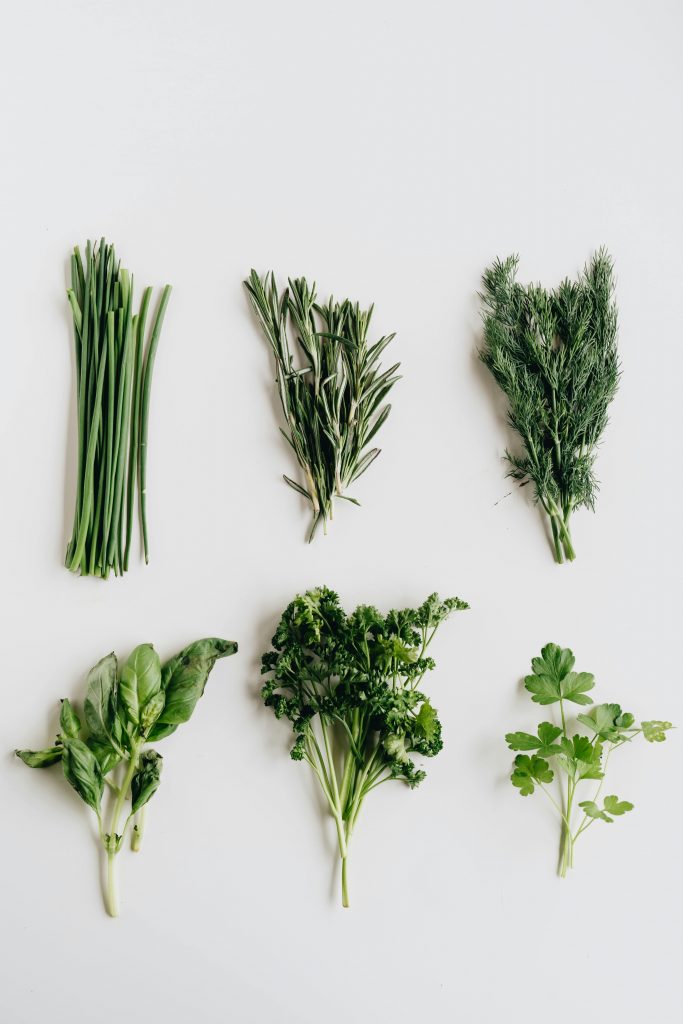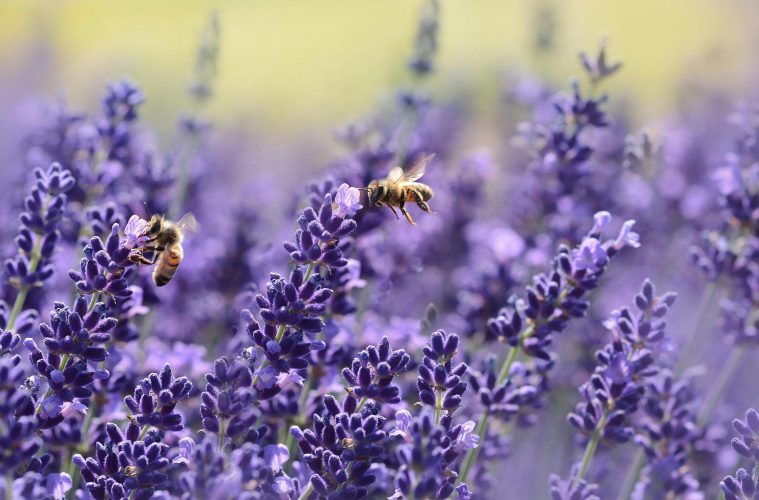If you’ve ever wished you could enjoy your garden without constantly swatting at mosquitoes or dealing with aphids on your veggies, there’s good news – nature has its own bug repellents.
Certain plants naturally keep pests away thanks to their strong scents and natural oils. The best part? They do it without the need for harsh chemicals.
Instead of reaching for chemical sprays, which can harm bees, butterflies, and the soil, try adding a few bug-deterrent plants to your garden. They’re eco-friendly, easy to grow, and many double up as herbs or flowers you already love.
Whether you have a big backyard or just a few pots on your stoep, these plants help create a safer space for your family, pets, and pollinators – while keeping annoying insects at bay.
Read more: How to identify garden pests by their damage
How it works
Many plants protect themselves from pests using their natural scent or oils. To us, they smell lovely -think fresh basil or calming lavender – but to mosquitoes, aphids, and flies, those same aromas are overwhelming.
Some, like chrysanthemums, even contain natural insecticidal compounds. Others, like nasturtiums, act as decoys, attracting pests away from your more valuable plants. It’s nature’s way of creating balance – a garden that thrives without the chemicals.
Herbs that keep bugs at bay
Herbs are a practical and beautiful place to start. They add flavour to meals and fragrance to the garden while discouraging insects.
Basil: A must for any kitchen garden. Its scent repels flies and mosquitoes – perfect for pots near braai areas.
Lavender: Its sweet fragrance relaxes you but sends moths, fleas, and mosquitoes elsewhere.
Rosemary: Hardy and low maintenance, it deters mosquitoes and cabbage moths while thriving in our sunny climate.
Flowers that do more than look pretty
Bright, cheerful blooms can do more than decorate your garden. Many flowers naturally repel pests and attract helpful pollinators.
Marigolds: Their strong scent keeps aphids and mosquitoes away, making them ideal companions for tomatoes or peppers.
Chrysanthemums: Contain pyrethrin, a natural insect repellent that deters ants, ticks, and roaches.
Petunias: These colourful favourites help keep aphids, leafhoppers, and tomato worms under control.
Veggies that double as pest control
Some vegetables work overtime – they nourish your table and protect your garden from invaders.
- Garlic: Its strong aroma deters aphids, mosquitoes, and cabbage worms.
- Onions: Great partners for carrots or lettuce, keeping away carrot flies and aphids.
- Chives: Their sharp scent helps fend off beetles and aphids – and even discourages curious wildlife.

Pexels
Smart companion planting
Companion planting is about teamwork. By growing certain plants side by side, you can naturally keep pests under control.
- Nasturtiums: Attract aphids away from vegetables like beans and tomatoes.
- Mint: Deters ants and mosquitoes but can spread quickly, so it’s best kept in pots.
- Sage: Excellent for keeping cabbage moths and beetles away from brassicas.
Attracting the good guys
The goal isn’t to banish all insects – just the troublesome ones. Many of these plants also draw pollinators and beneficial bugs that help your garden flourish.
Lavender, basil, and marigolds attract bees, butterflies, and ladybirds, which in turn feed on garden pests. It’s a natural cycle that keeps everything in balance.
Creating a pest-free garden doesn’t have to mean reaching for chemicals. With the right mix of herbs, flowers, and vegetables, you can design a vibrant space that’s self-sustaining, fragrant, and full of life.
So next time you’re planting, think beyond colour and fragrance – think function. The best kind of garden is one that looks good, smells divine, and works hard behind the scenes to keep itself (and you) happy.
ALSO SEE: WHAT TO DO ABOUT COMMON SUMMER PESTS IN YOUR GARDEN
Image: Pexels

